Agricultural production in Nigeria
The climate is tropical, characterized by high temperatures and humidity as well as marked wet and dry seasons, though there are variations between South and North. Total rainfall decreases from the coast northwards. The South (below Latitude 8°N) has an annual rainfall ranging between 1,500 and 4,000 mm and the extreme North between 500 and 1000 mm. Nigeria has total area of 923,768 sq km that is divided into land mass of 910,768 sq km and about 13,000 sq km area is covered by water. About 80 percent of Nigeria's land is suitable for farming and grazing, while roughly 13 percent is forested and provides mahogany, iroko, ebony, and other woods. The land use distribution in Nigeria could be classified into 31.29% of arable, 2.96% of permanent crops and 65.75% of others. The irrigated land covers 2,330 sq km. Nigeria is predominantly still an agricultural society (Olaoye and Rotimi, 2001). Approximately 70 percent of the population engages in agricultural production at a subsistence level.
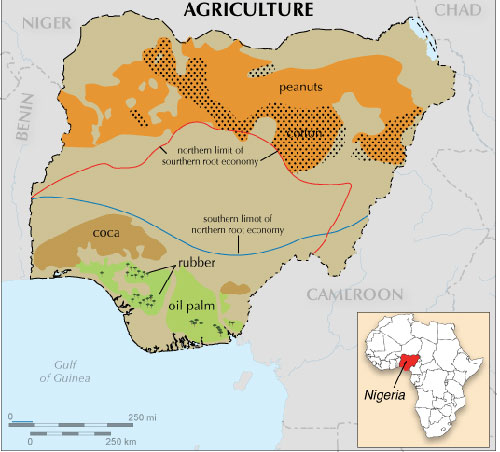
Leave A Message
If you want to know more information about Agricultural production in Nigeria . pls kindly leave your phone number, We will back to you ASAP once we got your message.
-

-
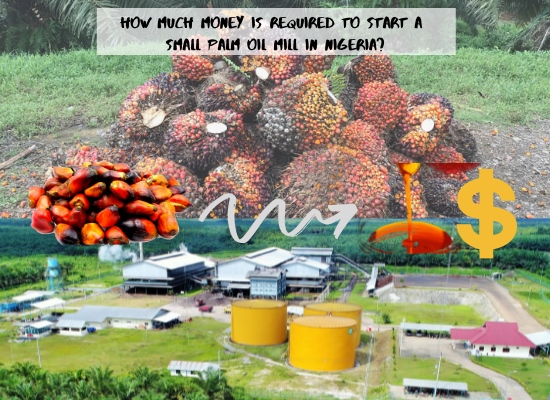
How much it will cost to set up a small scale palm oil mill in Nigeria?
-
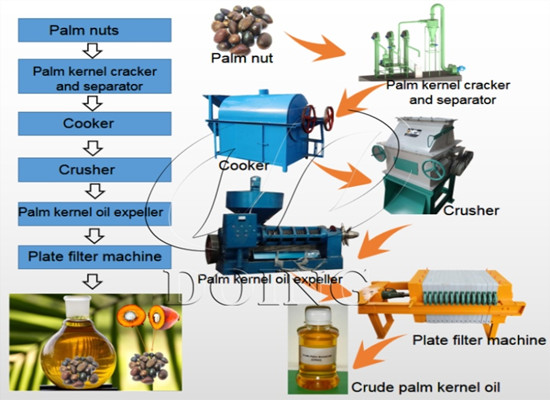
-
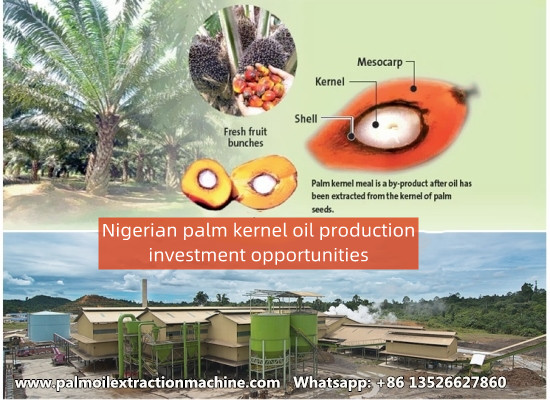
6 Reasons Why Palm Kernel Oil Production in Nigeria is a Smart Investment
-
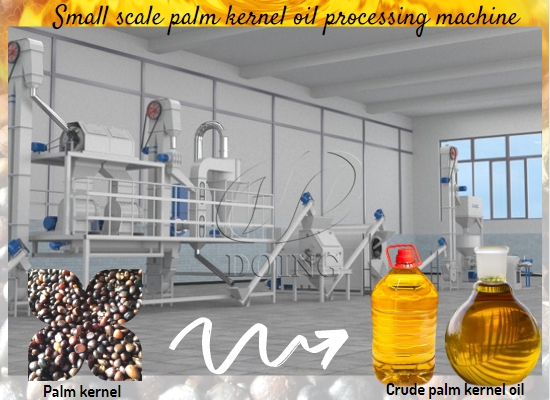
How can I get palm kernel oil in a palm kernel oil processing plant?
-
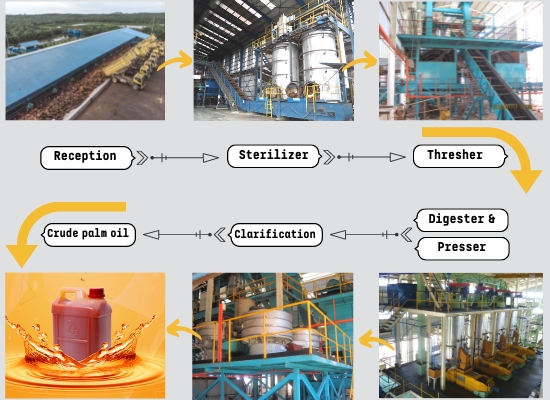
-
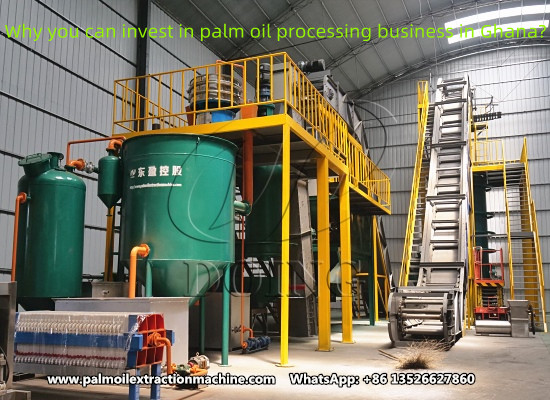
Why you can invest in palm oil processing business in Ghana?
-
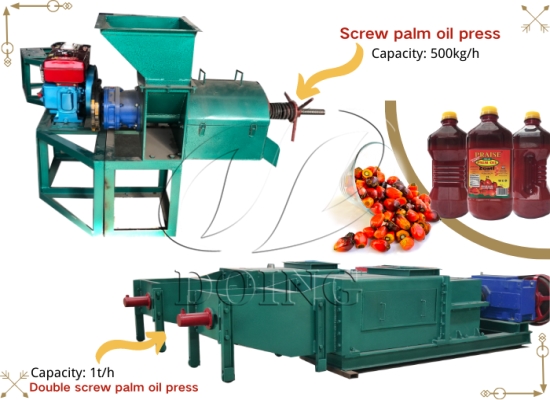
What are reasons that affect the oil yield of palm oil press?
-
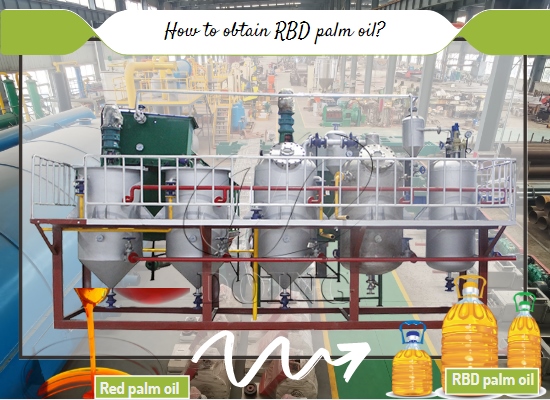
How much does it cost to setup a mini palm oil refining plant?
-
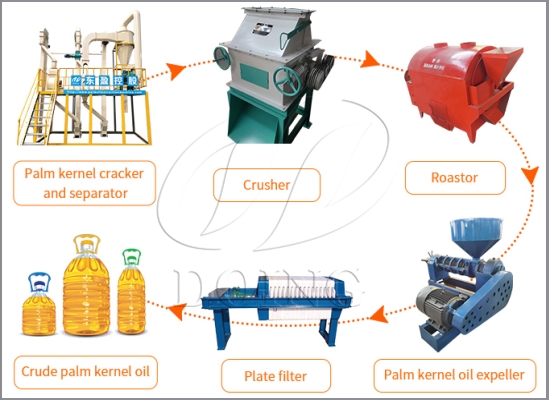
How do I start a palm kernel oil processing plant in Liberia?
-
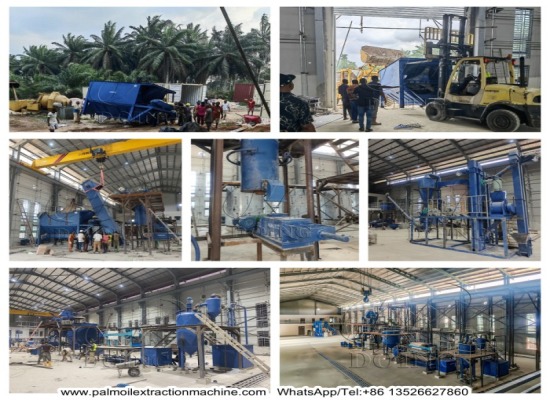
2tph Palm Oil and Palm Kernel Oil Processing Machines Project in Nigeria
-
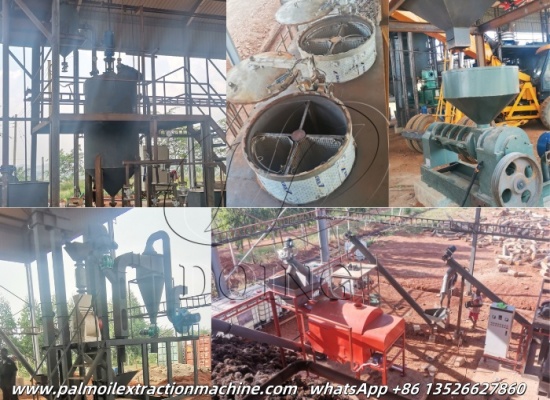
-
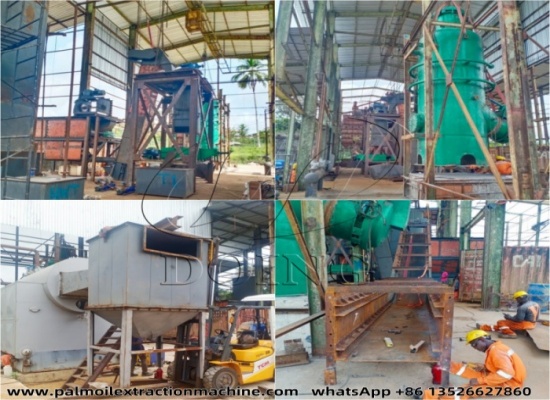
-
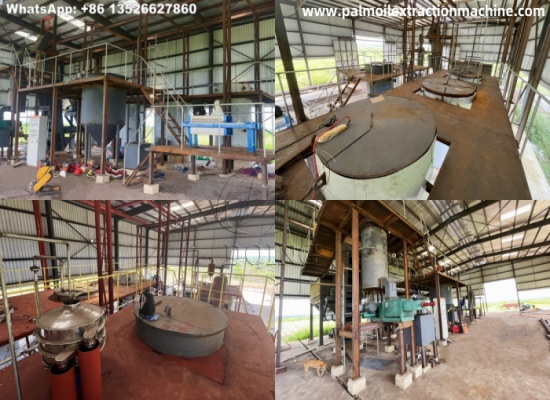
1tph palm oil pressing machines successfully installed in Lagos, Nigeria
-
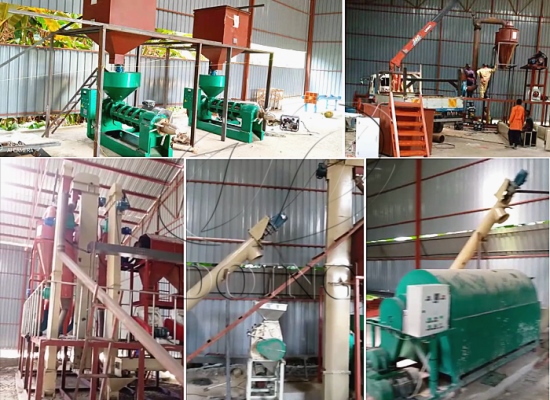
-
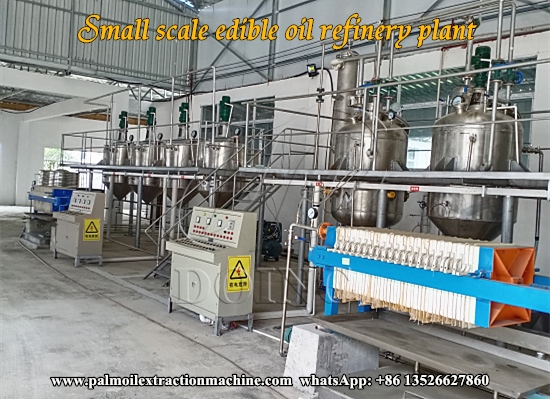
-

-
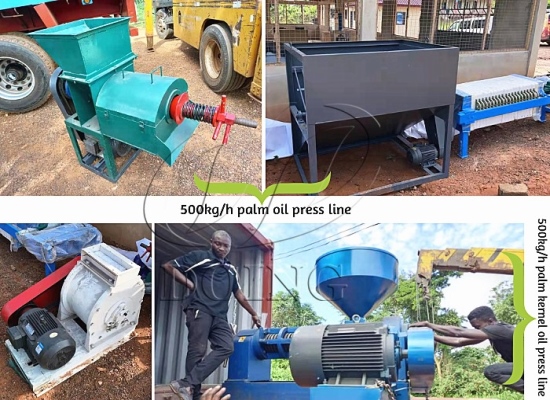
500kg/h palm oil and palm kernel oil processing plant project in Ghana
-
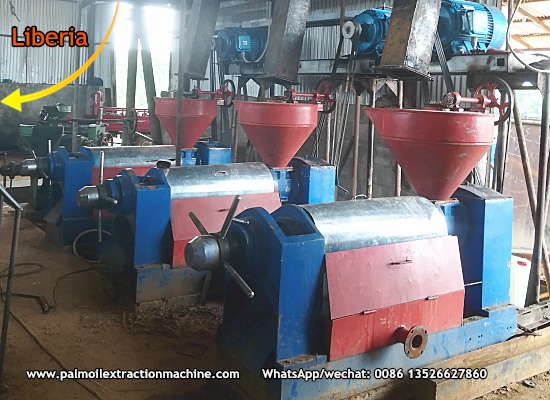
-
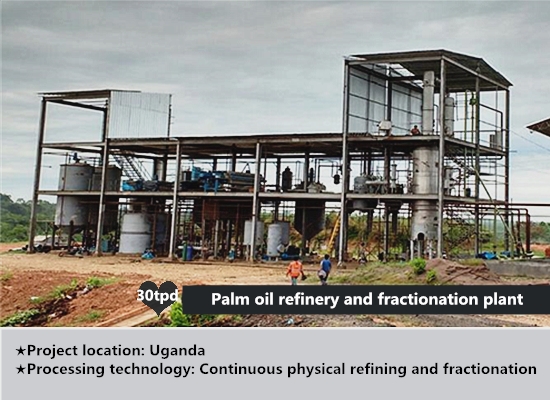
30tpd palm oil refinery and fractionation plant project successfully installed in Uganda




